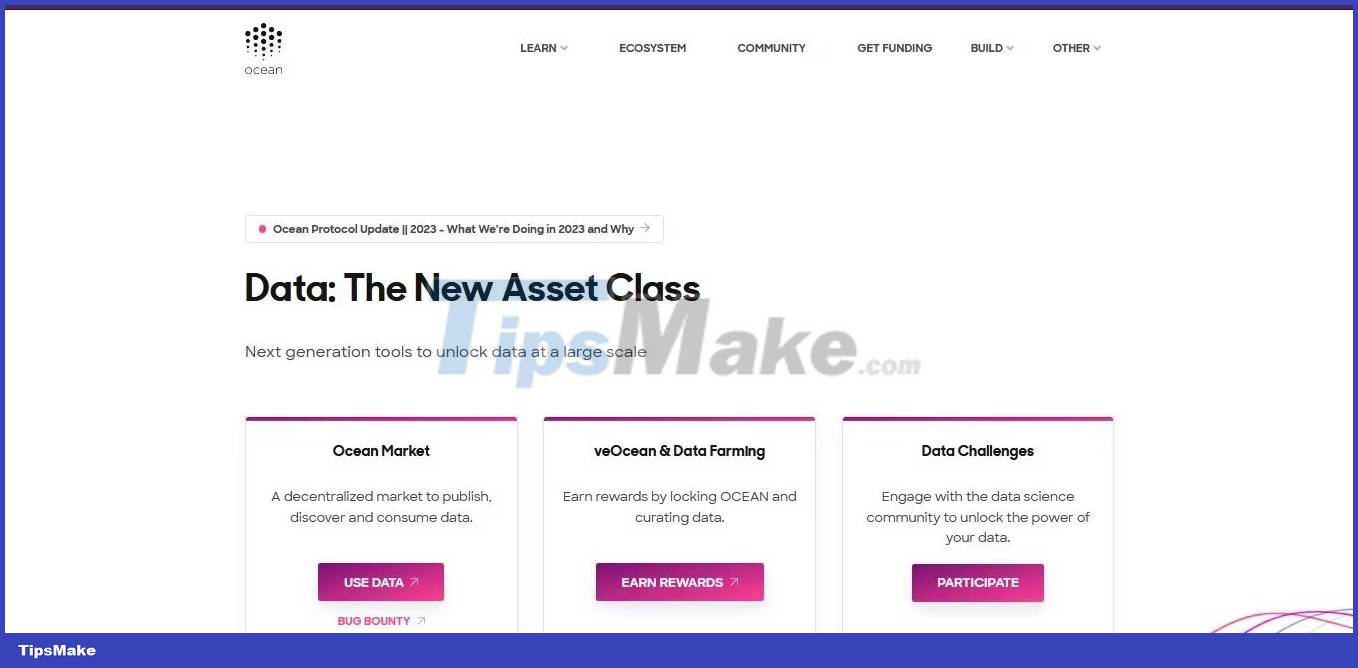Top 5 blockchain-based storage platforms
Traditional data storage systems were great for a while, but they have some drawbacks, such as data breaches and vulnerabilities that some people can't stand anymore.
That is why blockchain-based storage technology was born, to create solutions to these challenges, which mainly stem from the centralization of data storage. Today, several platforms offer decentralized cloud storage, and here are some of the best.
1. Filecoin

Filecoin was developed and launched in 2017 by Protocol Labs to create a more efficient, secure and decentralized way to store and access data online. It uses a P2P system where people contribute their computer's memory to the network.
It works on two consensus mechanisms: Proof of Replication, where miners prove they have a unique copy of data, and Proof of Space-Time, where miners prove a unique copy of data has existed in physical storage for a certain amount of time. Filecoin's native token, FIL, pays for data storage and rewards storage providers for contributing storage resources.
2. Internet Computer

Internet Computer was created by the DFINITY platform to extend the functionality of the Internet by creating a secure environment for running smart contracts, deploying decentralized applications, and hosting websites.
Powered by Internet Computer Protocol, a 4-layer protocol that runs on individual nodes, the network operates each subnet independently but asynchronously to form a unified computing platform. Its reliance on independent data centers around the world offers infinite scalability and high-performance computing that can handle high transaction throughput.
The network's native token, ICP, rewards contributors for storing and paying transaction fees.
3. BitTorrent Token

Known globally as a popular torrent client, BitTorrent has launched its TRC-20 token, BTT, to provide BitTorrent ecosystem users with a utility token for transactions related to content distribution and file sharing.
BTT is a reward token for those who contribute computing resources in the BitTorrent network. BitTorrent customers who need priority access and faster download speeds can pay for services in BTT, and anyone who, after downloading the torrent, provides seeding can start earning BTT. The BitTorrent network uses Tron's smart contracts to enhance its service, providing a decentralized file storage system and bandwidth for faster downloads.
4. Holo

Holo is a decentralized marketplace for cloud storage where anyone can integrate their computer's storage into the network to host P2P applications. In return, hosts are paid in HoloFuel, the in-house micro-currency, while users accessing and using applications hosted on the network pay for the service in HoloFuel.
Holo also has an ERC-20 token (HoloToken) that can be exchanged with HoloFuel on a 1:1 ratio. The network is built on Holochain and it leverages independent nodes to communicate and interact with each other, eliminating the need for global consensus, allowing for faster transaction processing and higher throughput.
5. Ocean Protocol

Ocean Protocol is built to enable fair and public data access. It provides a marketplace where users can securely publish and monetize their data while protecting privacy. It incorporates the concept of Compute-to-Data, allowing users to consume data without directly accessing it or affecting the raw data.
Its native token, Ocean Token, is used to reward providers of data storage space, facilitate transactions, and for governance purposes. Ocean Protocol is also designed to interoperate with other blockchains, such as Ethereum, Binance Smart Chain, and Polygon, through bridges that facilitate the transfer of data across different protocols.
You should read it
- ★ Programming blockchain part 3: Python programming language
- ★ Programming blockchain part 2: Javascript programming language
- ★ Should you invest in blockchain-based games?
- ★ Blockchain programming part 4: Java programming language
- ★ [Infographic] The effects of Blockchain on E-commerce and Security